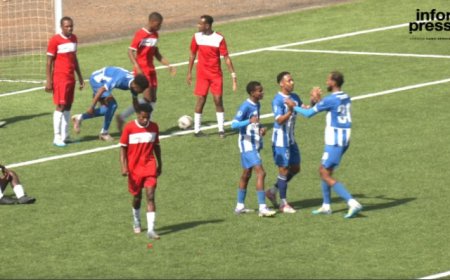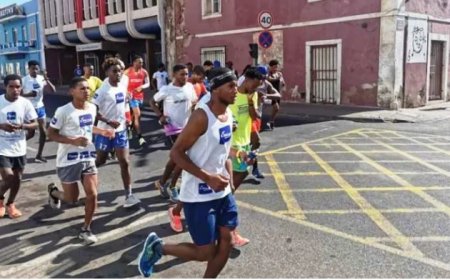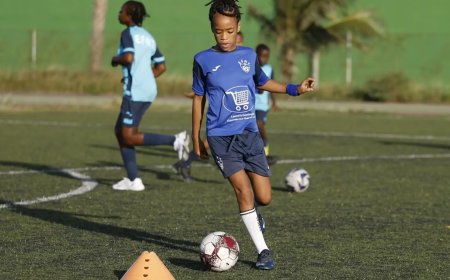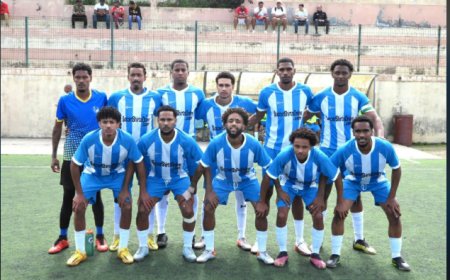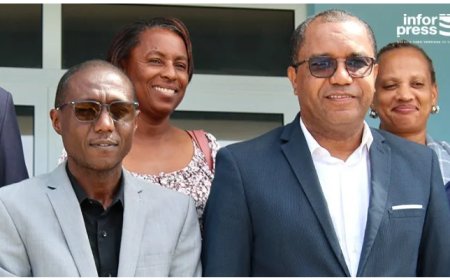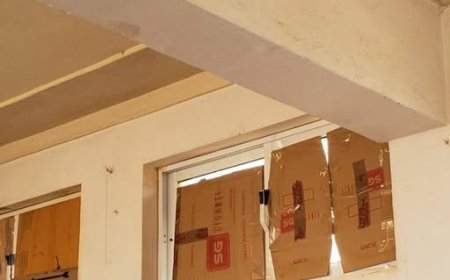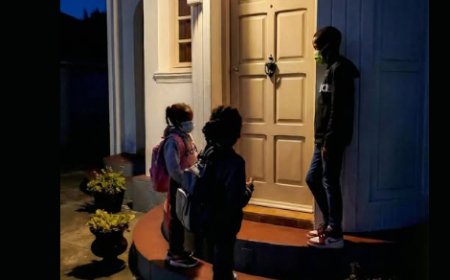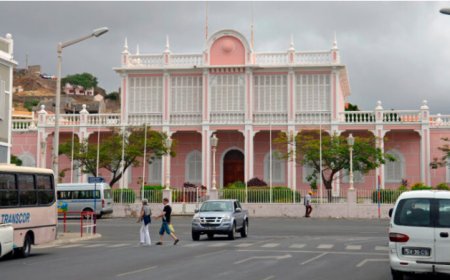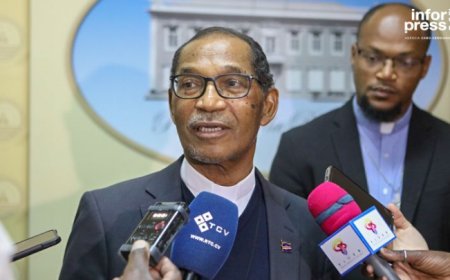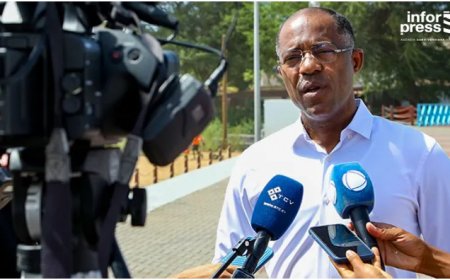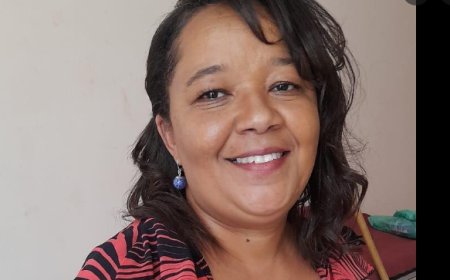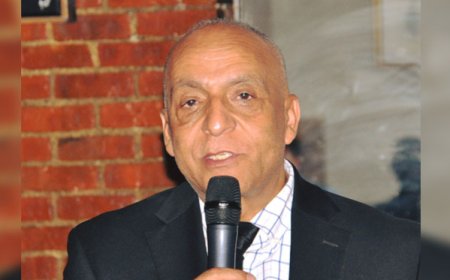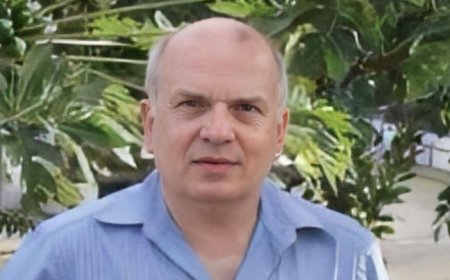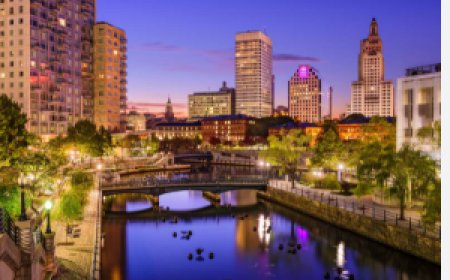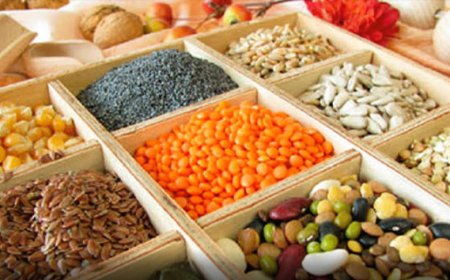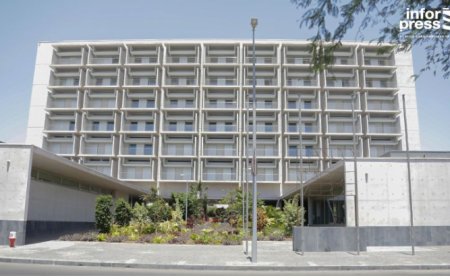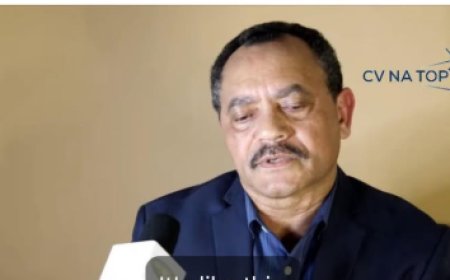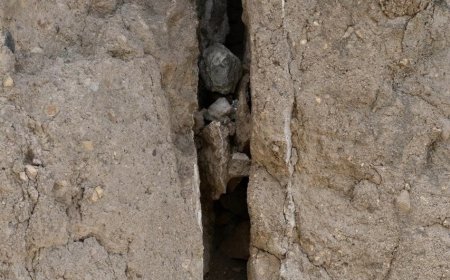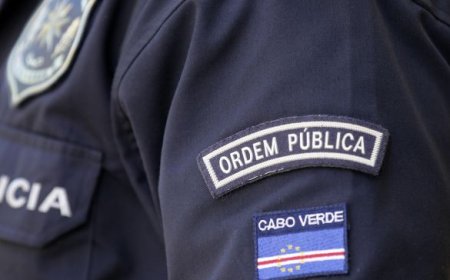José Maria Neves considers himself a shy man with well-defined convictions and values
The President of the Republic, José Maria Neves, considers himself to be a shy person, with well-defined convictions and values, who at this age has achieved everything a man desires: many conquests, lessons, struggles and daily growth as a human being.
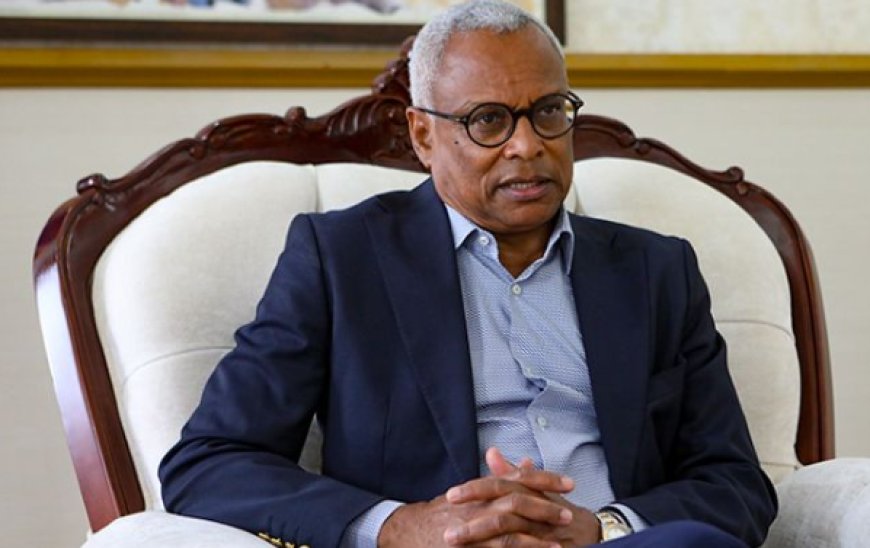
In this interview with Inforpress, where José Maria Neves talks about his life, whether he has been successful or not, he says he has everything a man wants, especially children, planted trees and written some books.
Born in Pedra Barro, on the outskirts of Assomada, Santa Catarina, the son of a single mother, José Maria Neves came from a poor family, but he and his siblings, two boys and two girls, one of them his twin sister, and another foster sister, had everything they needed to live as normal, happy children at the time.
With four women at home, and he being the only boy, he remembers that he was very spoiled and loved, and from an early age, all his dreams came true.
José Maria Neves, who lived in a house next to his grandfather's, a native of Santanton and a merchant who traded with the West African coast, traveling especially to Dakar, but also to Praia and São Vicente, says with pride and satisfaction that his grandfather always paid "a lot of attention" to his grandchildren's education, and even predicted that José Maria would be a great man.
"My grandfather and mother always paid a lot of attention to our education. My grandfather said that he saw a light in me, that I would be a great man in life. And my mother, since I wasn't very good at farming or other domestic chores, said that I had to study so that I could be someone in life and survive," she recalled.
A good omen that came true, because José Maria Neves, today the nation's highest magistrate, during his life's journey, said he studied with determination and focus, did a degree in Public Administration and is currently doing a PhD in Public Policy at the University Institute of Lisbon (ISCTE).
Father of four children, three boys and a girl, José Maria Neves believes in love, but not eternal love, having been married twice.
Currently living in a de facto union, he believes that marriage is living as a couple, that between a marriage in the Civil Registry and a de facto union, there isn't much difference, however he doesn't rule out the possibility of one day getting married in church.
There are people who see him as arrogant and full of quirks, but without bothering, José Maria Neves confirmed that he has been told this at various times, but that only those who don't know him, he reiterated, can make this analysis.
"It doesn't seem like it, but I'm a shy person, maybe that's it. I don't enter quickly. It's like I'm feeling my way around. People who know me know that I'm extremely vulnerable, simple... I'm not arrogant in any way. I'm a person of conviction, outspoken, I like to say clearly what I think and feel, although in politics you shouldn't be totally outspoken," he commented.
"People don't like people who say everything, but I think we should be, above all, loyal to our friends, to those we live with, and try to be as upfront as possible, in the sense of saying the things that worry us, bother us, so that our coexistence can be one of friendship and not hypocrisy," he said.
Admitting, on the other hand, that he is an "excessively strict" person, because he is never satisfied with what he does, always wanting to do more and better, José Maria Neves, at his age today, is pleased to have arrived where he has, to have achieved his dreams and to have everything that a man wants to have: children, planted trees and written books", he said.
Going back in time, he recalls that when he came to Praia to study, in the 1974/75 academic year, he challenged himself that he had to be one of the best students, and he took that same determination to Brazil where he did his degree, with his sights set on returning and contributing to the country's development.
"I was one of the best students in my class, I was valedictorian and people saw me as a reference. Then I wanted to be mayor of Santa Catarina. In very difficult circumstances, I got there, ran my campaign quietly, with a lot of humility, and was elected," he says.
Then I wanted to be president of the PAICV.
"I was also elected, in very disputed elections. I wanted to be prime minister of Cape Verde, I won the elections and I won twice more... I served three terms as prime minister," he says with a certain pride.
After leaving government, he returned to university to study and teach, and in 2021 he ran for President of the Republic and won, a condition that allows him, he stressed, to continue to contribute to Cape Verde's development, to strengthening democratic institutions and to improving political debate.
"But, above all, to support the search for solutions to the major challenges we still face, such as low wages, low incomes, poverty and inequalities. I decided to run for President of the Republic always with a view to serving the country, serving Cape Verdeans," he emphasized, commenting that he was not tired of politics, although he considers politics in Cape Verde to be "extremely exhausting".
He was Prime Minister for 15 years, when he started at the age of 40. Now President of the Republic, he confesses that he doesn't have a normal social life, due to the restrictions of the positions he has held, which has been his greatest loss.
"It's been my greatest loss. I was prime minister for 15 years, I started in office at the age of 40 and since then I've had the limitations of having security at all times, of never walking alone and of limiting myself in my social life," he said.
"But I try, within the circumstances at least, to lead a normal life. I have a lot of friends and I try to get on well with people, regardless of their political or philosophical choices," he stressed.
So he takes advantage of all the free time he has to read books on politics, biographies, economics, history and poetry, he also listens to music, especially Cape Verdean, Brazilian and jazz, as well as taking part, from time to time, in some gatherings and conversations with friends.
Continuing with his recollections, he remembers with nostalgia the times he spent studying in Brazil, times he described as "great adventures and madness" with his friends.
Admitting, on the other hand, that it is not easy to reconcile political life with family life, José Maria Neves said that Sunday is a day he wants to stop to rest and do "absolutely nothing", but he always takes time to go and see his mother and pay attention to his children.
Whoever sees José Maria Neves doesn't think that he's any good in the kitchen, because he cooks a wide range of dishes, from a good chicken in the oven, steak, seafood rice, lobster rice, grilled, roasted and boiled fish, stuffed peppers, cachupa, feijoada, among many other dishes.
"I like to cook, I do a lot of things. As prime minister I lived alone for a long time, so I feel at ease in the kitchen. I cook all the seafood there is in Cape Verde: barnacles, octopus, whelk, limpets, oysters too... and I like a good seasoning," he said.
Returning to political life, when asked if he was thinking of running for another term, Neves said that it was too early to think about it, and that he would make a decision when the time was right, as he still had plenty of energy to live and contribute to the country.
As for the legacy he would like to leave for Cape Verde, he just wants to be remembered for good reasons, as a Cape Verdean who wanted to "do everything" for his country to be better, for Cape Verdeans, his countrymen and compatriots to live with "much more dignity".





